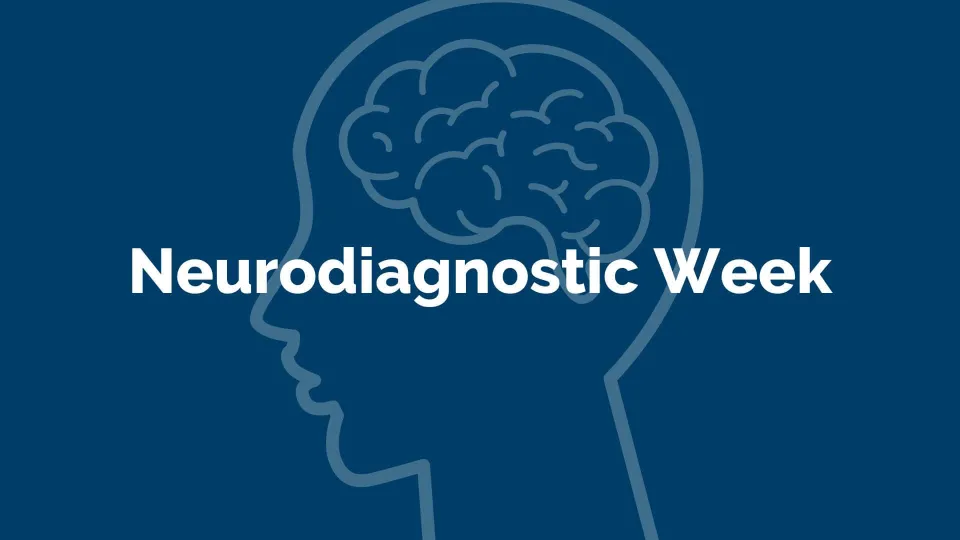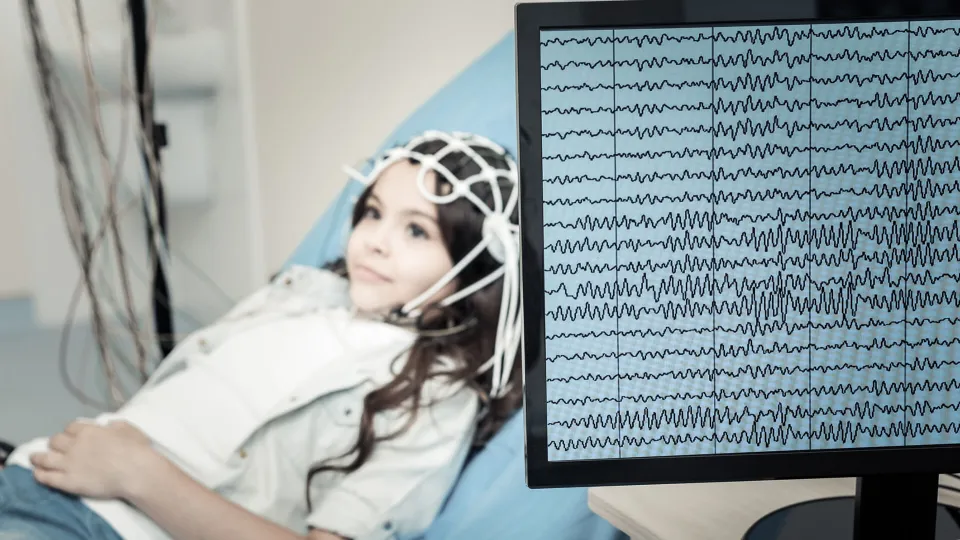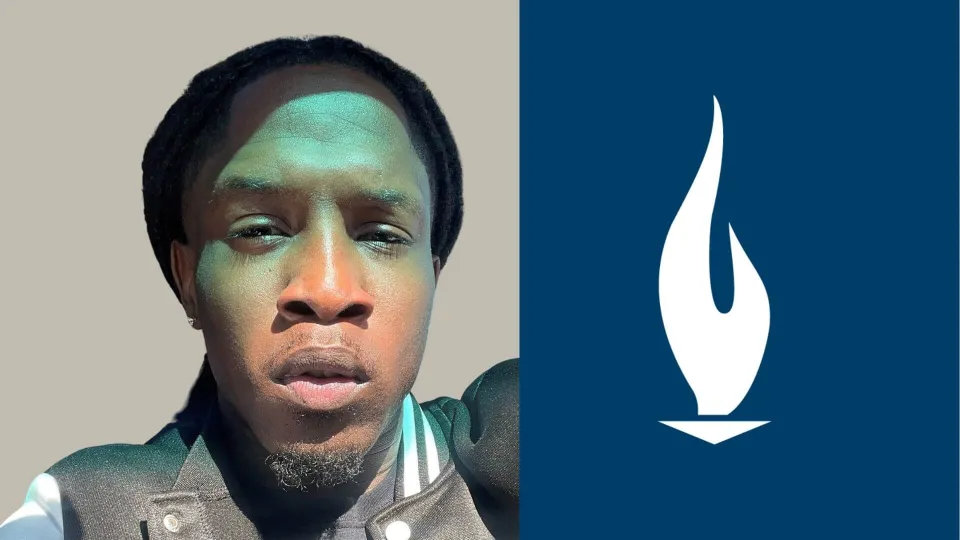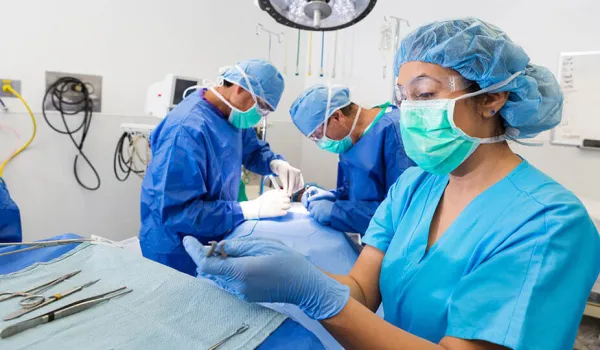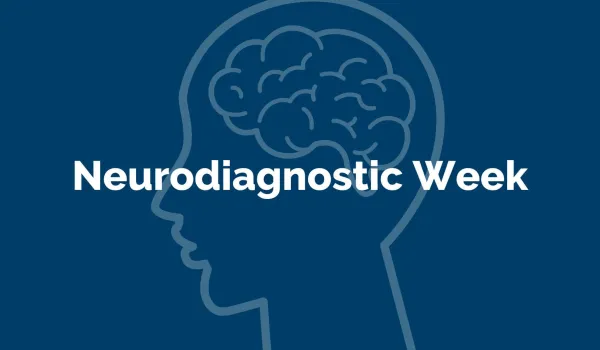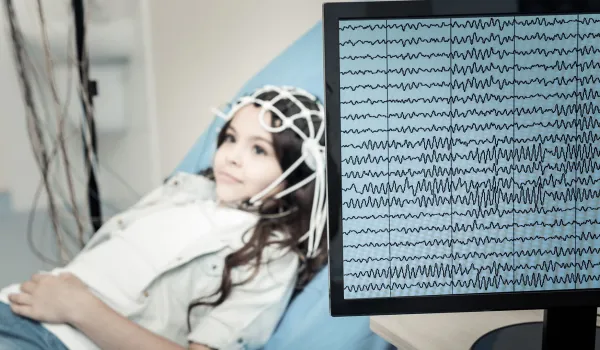Concorde Staff
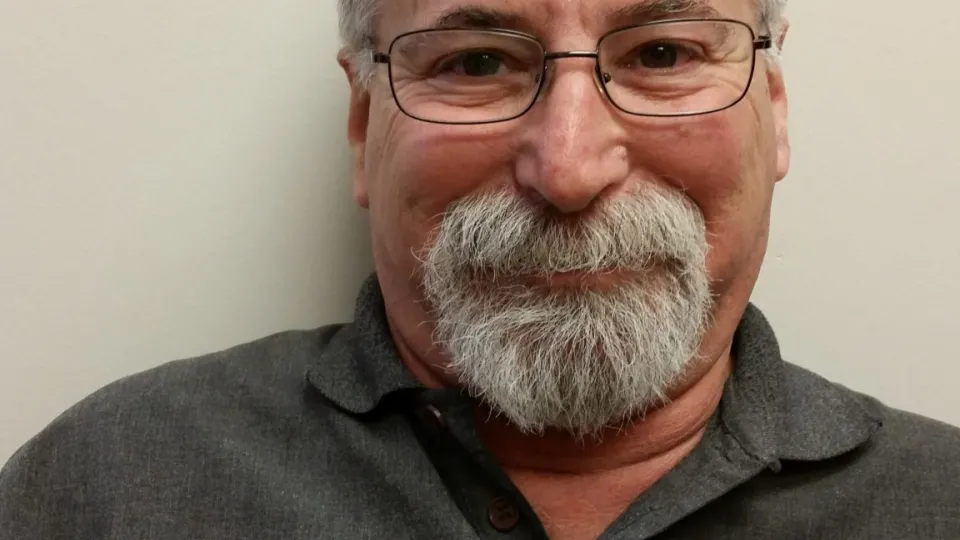
It's one of those fields that's so technical-sounding, many might not know what it is, or what it entails. But, make no mistake, Neurodiagnostic Technology, a field where signals in a person's brain and/or nervous system are recorded, monitored and studied, can lead to a diagnosis of surgery, therapy or treatment of conditions such as seizures.
To delve further into the benefits and importance of good Neurodiagnostic Technology and testing, we asked Marc Williams, program director for the Neurodiagnostic Technology program at Concorde's campus in Grand Prairie, Texas.
Monitoring during surgery
"The first thing I always tell people is that, during any type of surgery, Neurodiagnostic testing should be used, regardless of the type of surgical procedure being done," Williams said. "The potential for nerve damage or a stroke during surgery is always possible."
Qualified technologists can inform the surgeon of any changes to nerve responses, stopping the surgeon from causing any further damage at or near the surgical site, damage which can be difficult to see with the naked eye.
Neurodiagnostic Technology is especially important during brain or spinal surgeries
"Any time the surgeon is doing any procedure that requires moving, opening or correcting the spinal column or cord, the technologist should be monitoring the pathways," Williams said. "Both sensory and motor, for any changes in the signals traveling up and down. Some injuries may happen without being seen during the procedure without the monitoring of these pathways."
Once a change is detected and reported, a surgeon can immediately stop the initial procedure to locate and correct or repair what potential damage might not otherwise have been detected until the patient has regained consciousness.
Neurodiagnostic monitoring allows us to dive deeper
There are two types of Neurodiagnostic Technology testing - one that is used to evaluate patients with seizures for possible surgery to remove the area of the brain causing the seizures, or long-term monitoring of the brain function while in the intensive care unit.
"Many seizures are not routinely discovered during the EEG," Williams said. "This prolongs the hospital and ICU stay until something is discovered or tried in an attempt to identify what is causing the coma state."
Neurodiagnostic testing is different than other procedures in that it monitors the functions of the brain and nerves, something MRI, CT or X-Ray is unable to do. Those procedures can take "pictures" of the parts of the body, but can't tell you how they are working.
"We do not order a picture of the heart when we suspect a heart attack, we order an EKG," Williams said. "We should order Neurodiagnostic testing when we want to know how the nervous system is functioning, not just if the parts are there."
If you find the brain and the messages it sends particularly interesting, a career as a Neurodiagnostic Technologist might be for you. Click the banner to learn more.
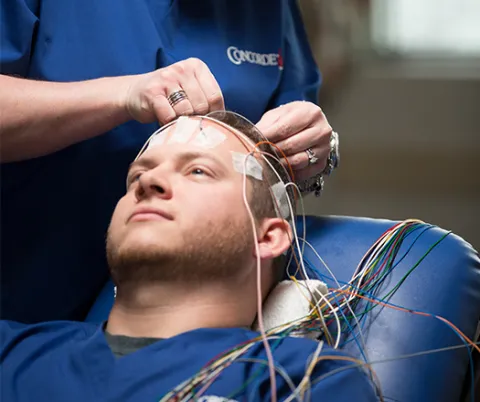
Take The Next Step Towards a Brighter Future
Interested in learning more about our Neurodiagnostic Technology program? We have a Concorde representative ready to talk about what matters most to you. Get answers about start dates, curriculum, financial aid, scholarships and more!
